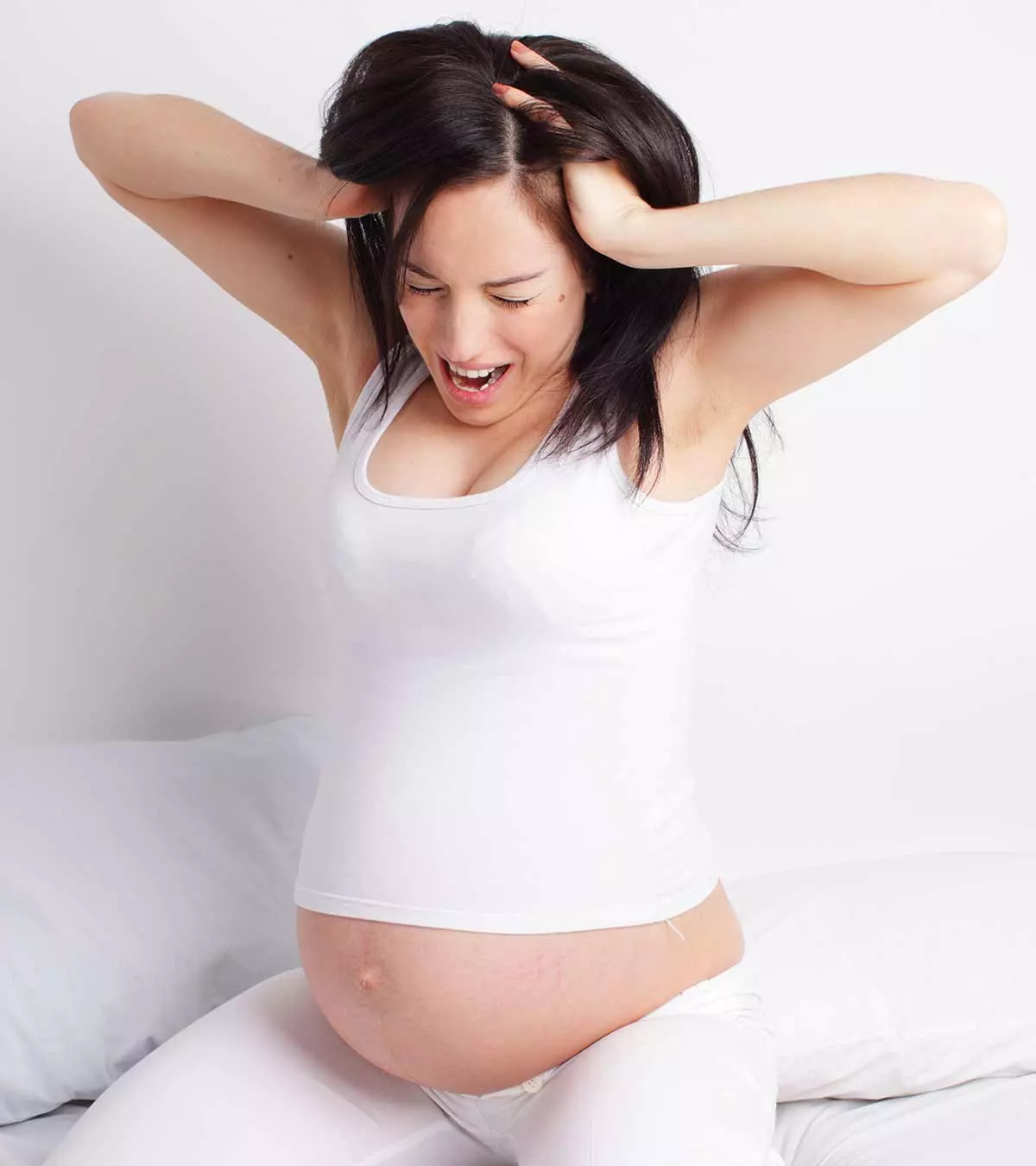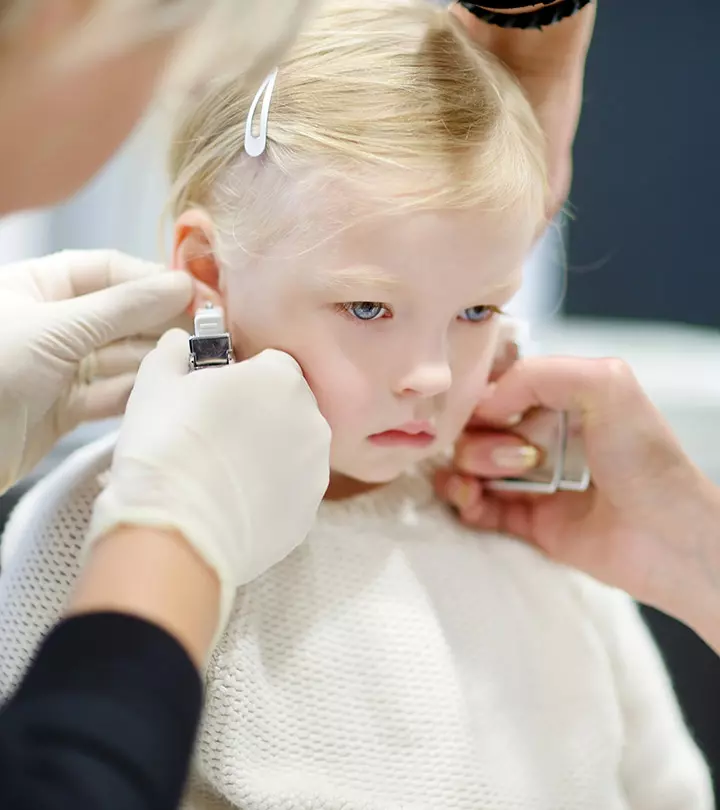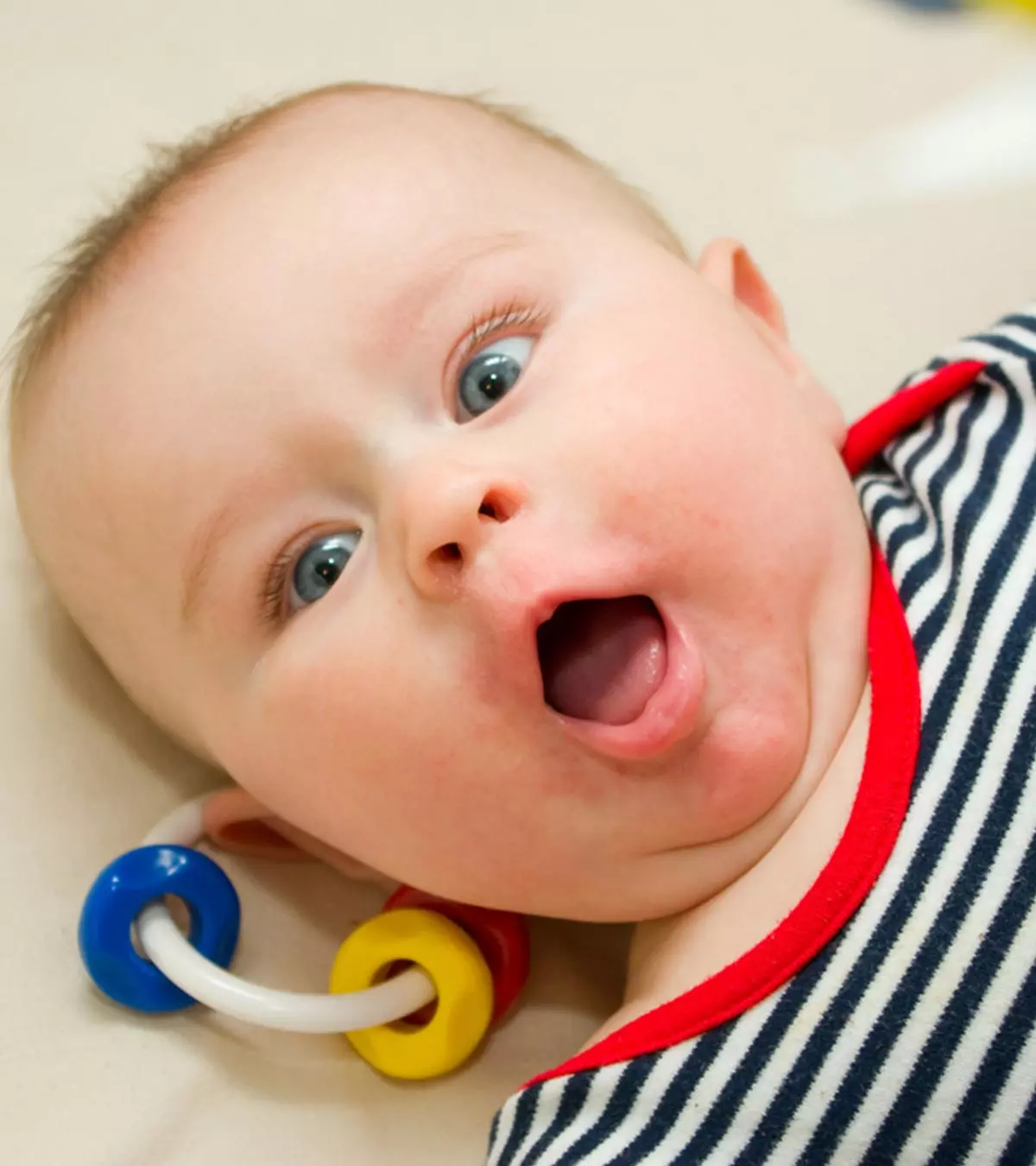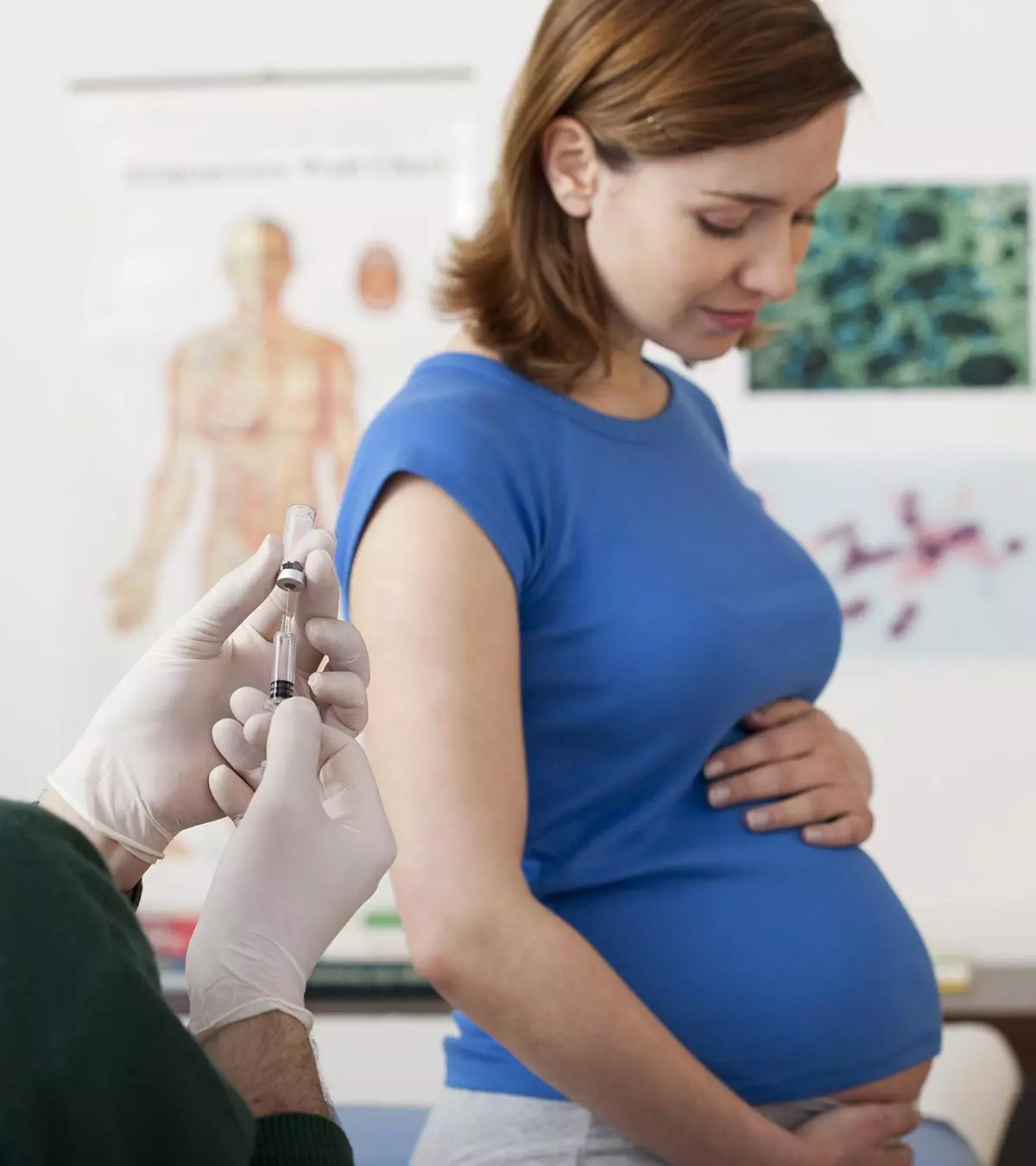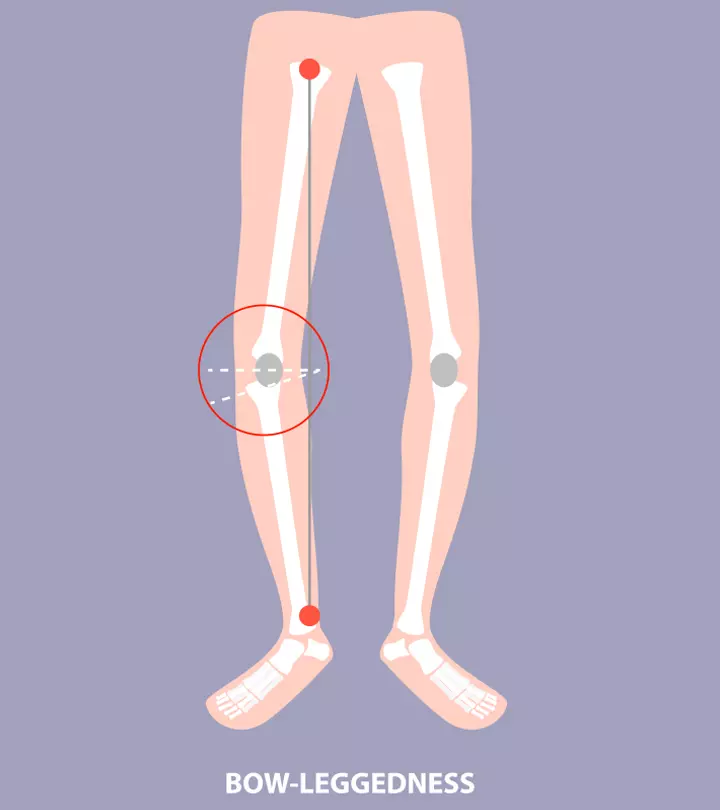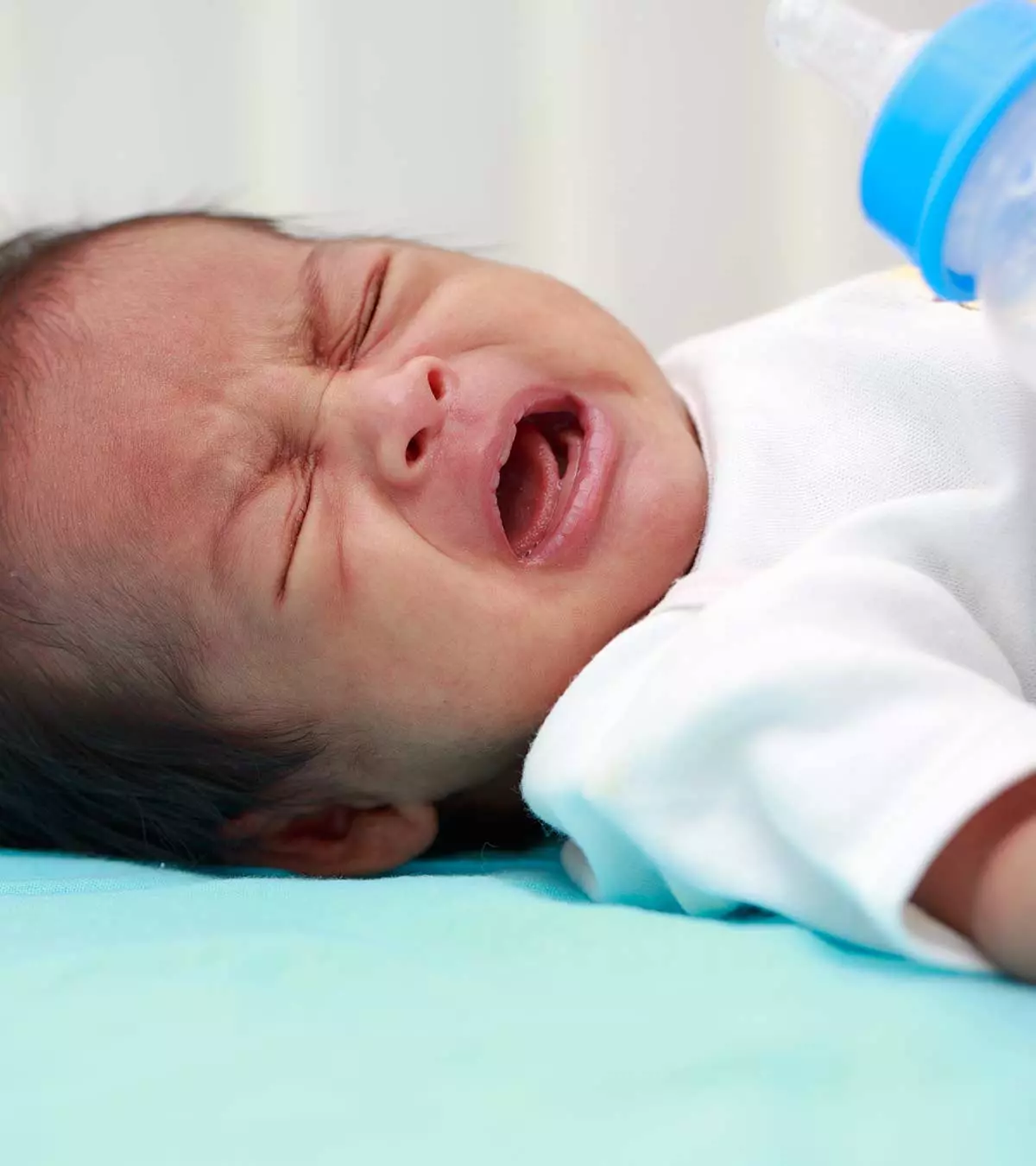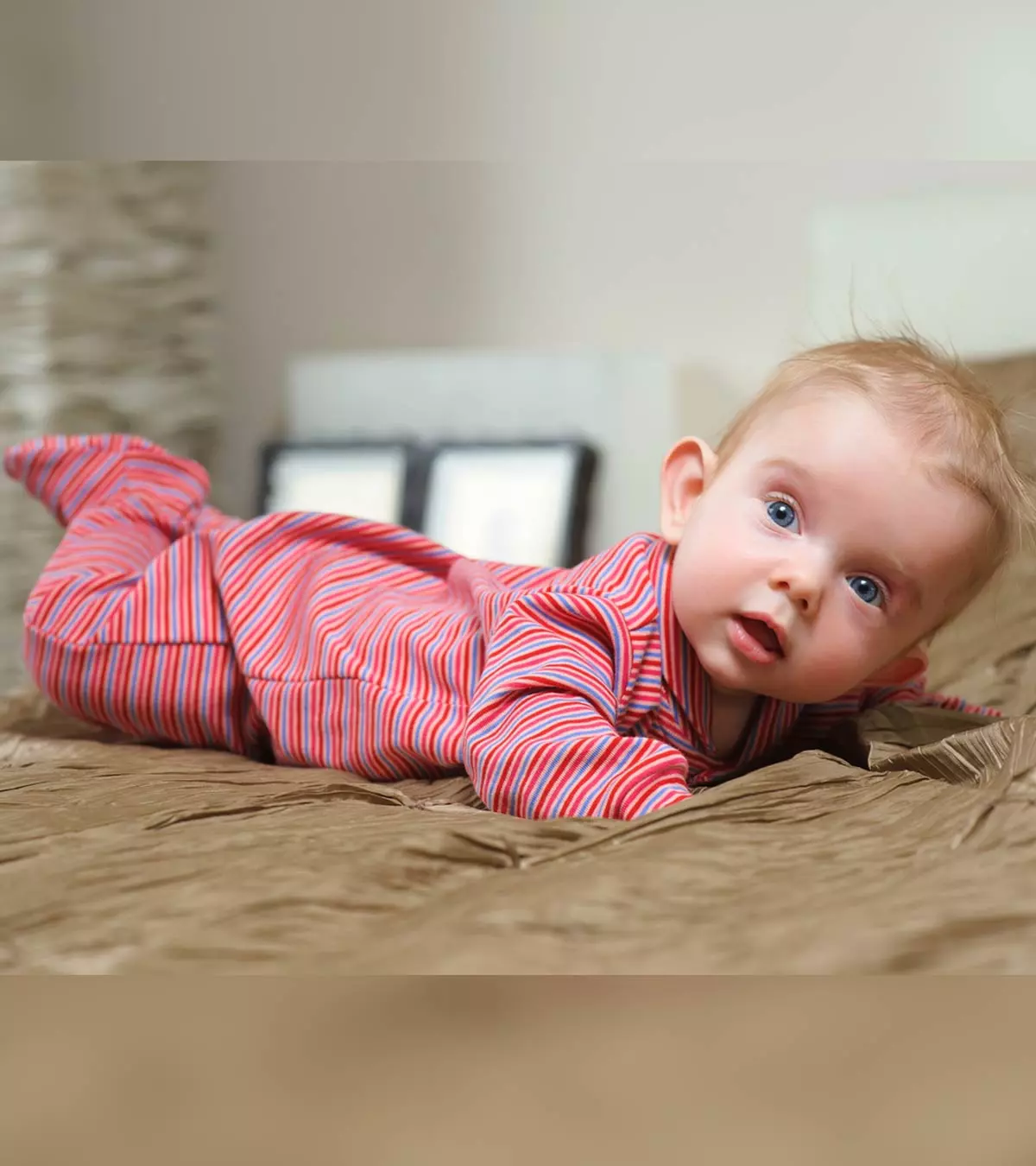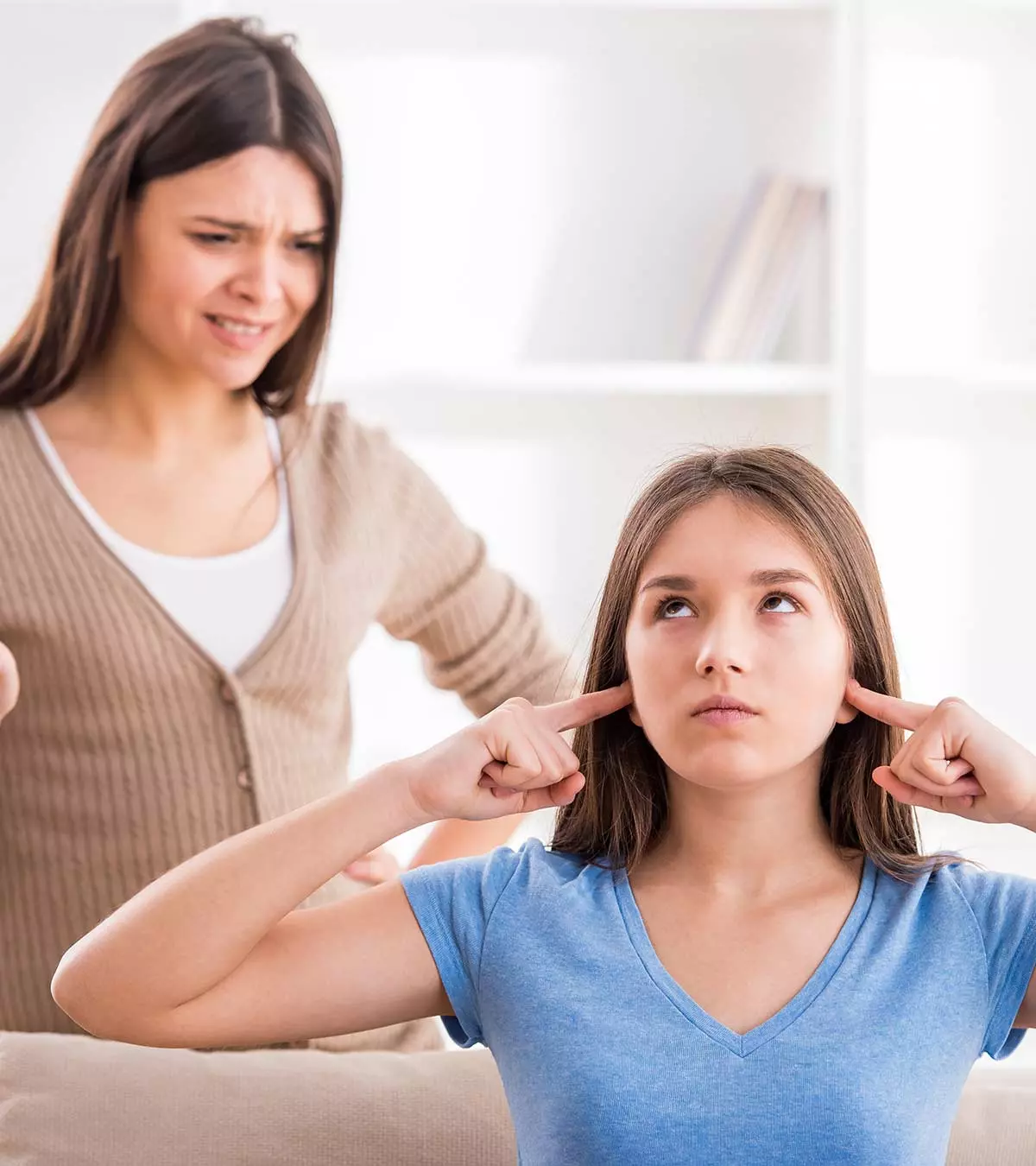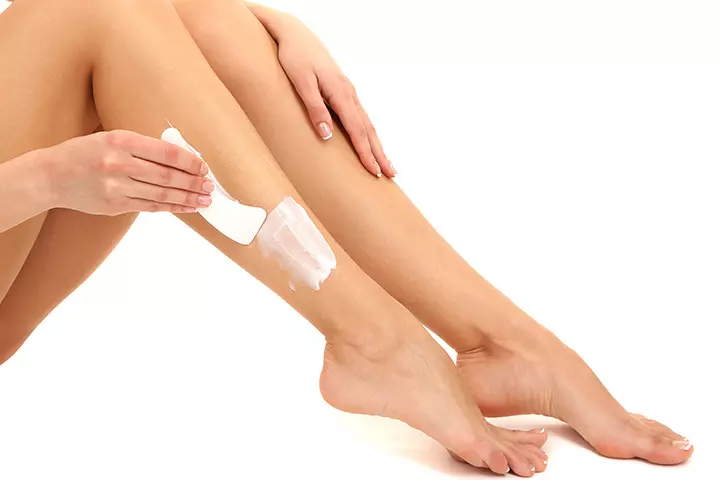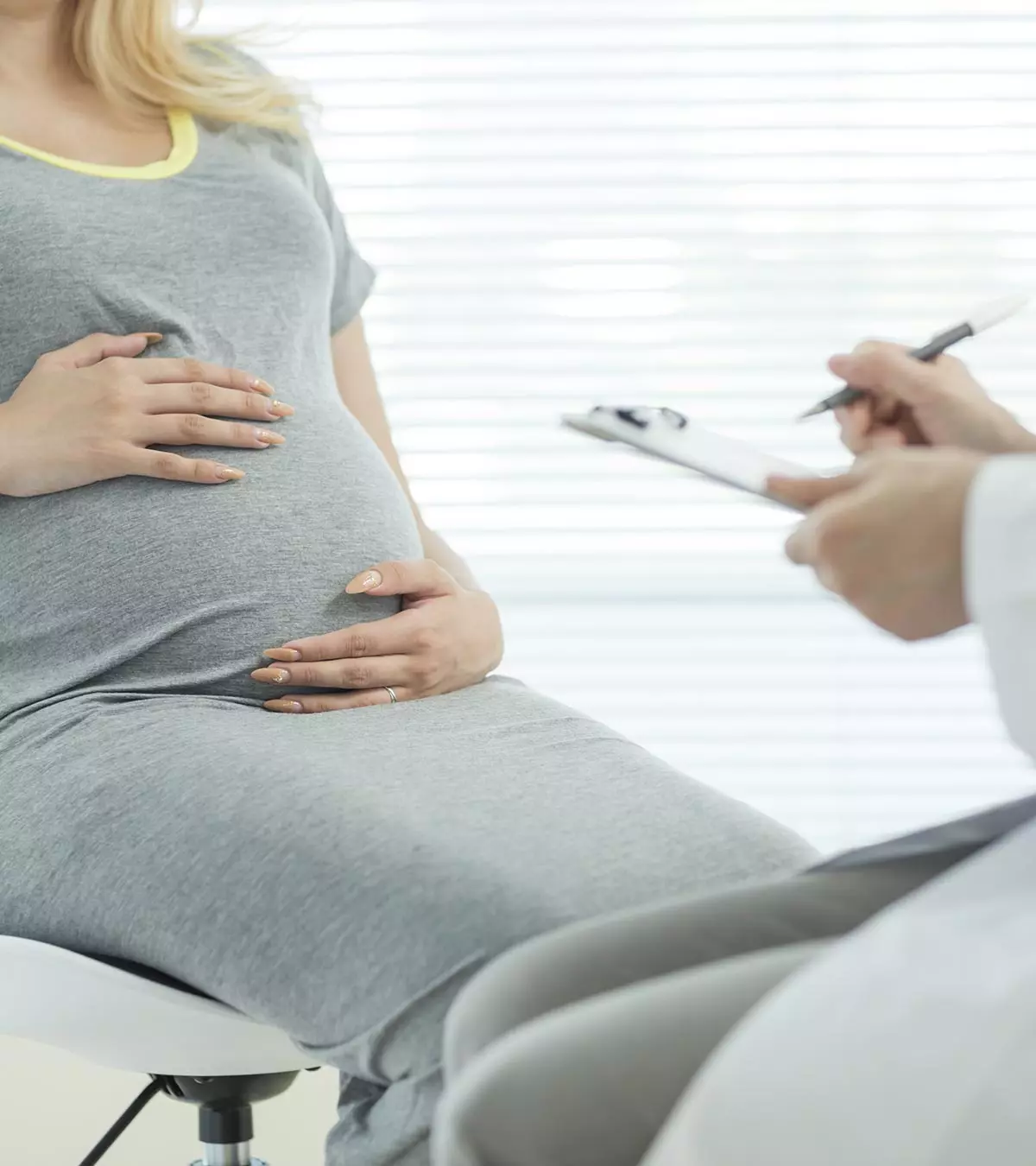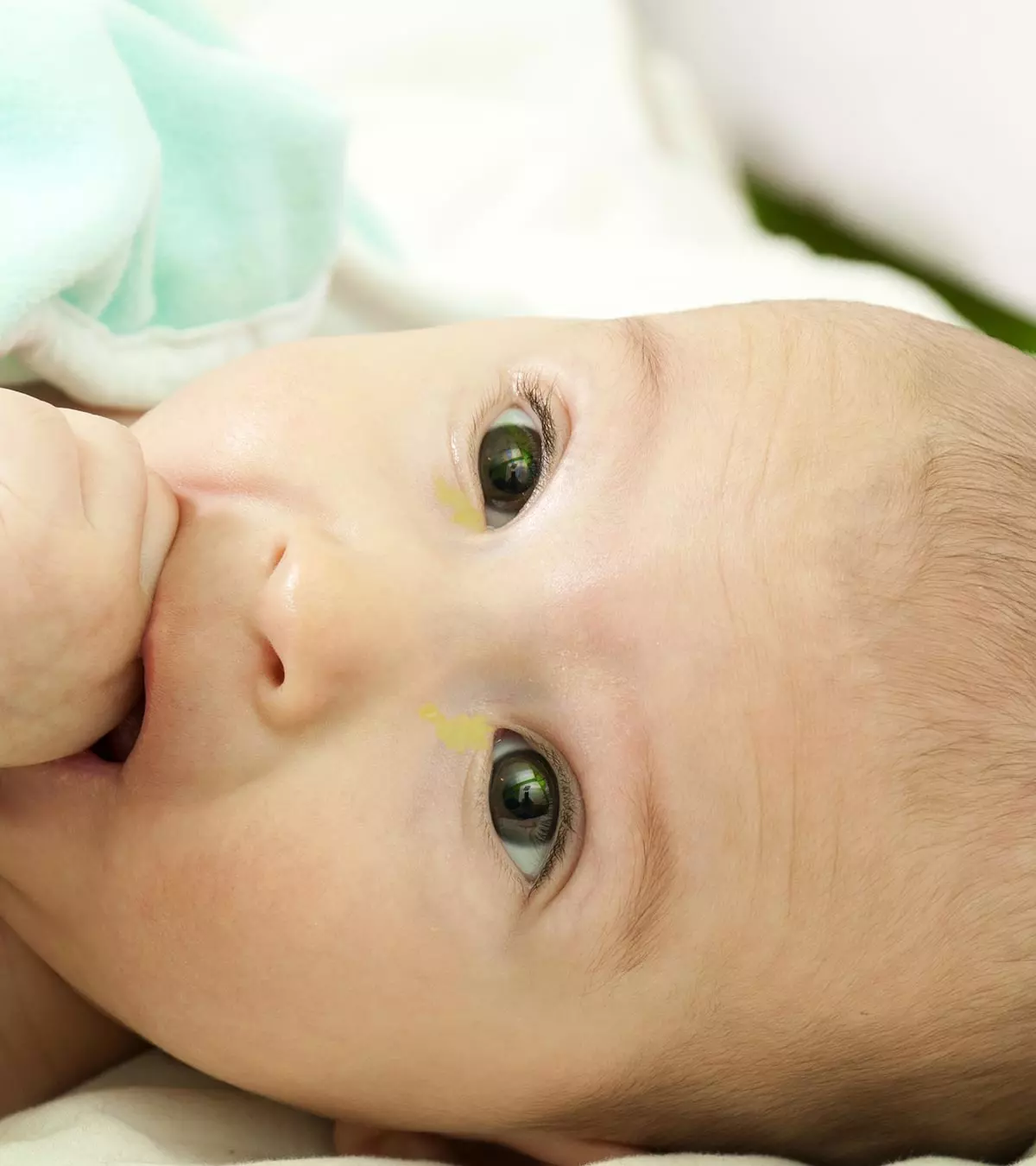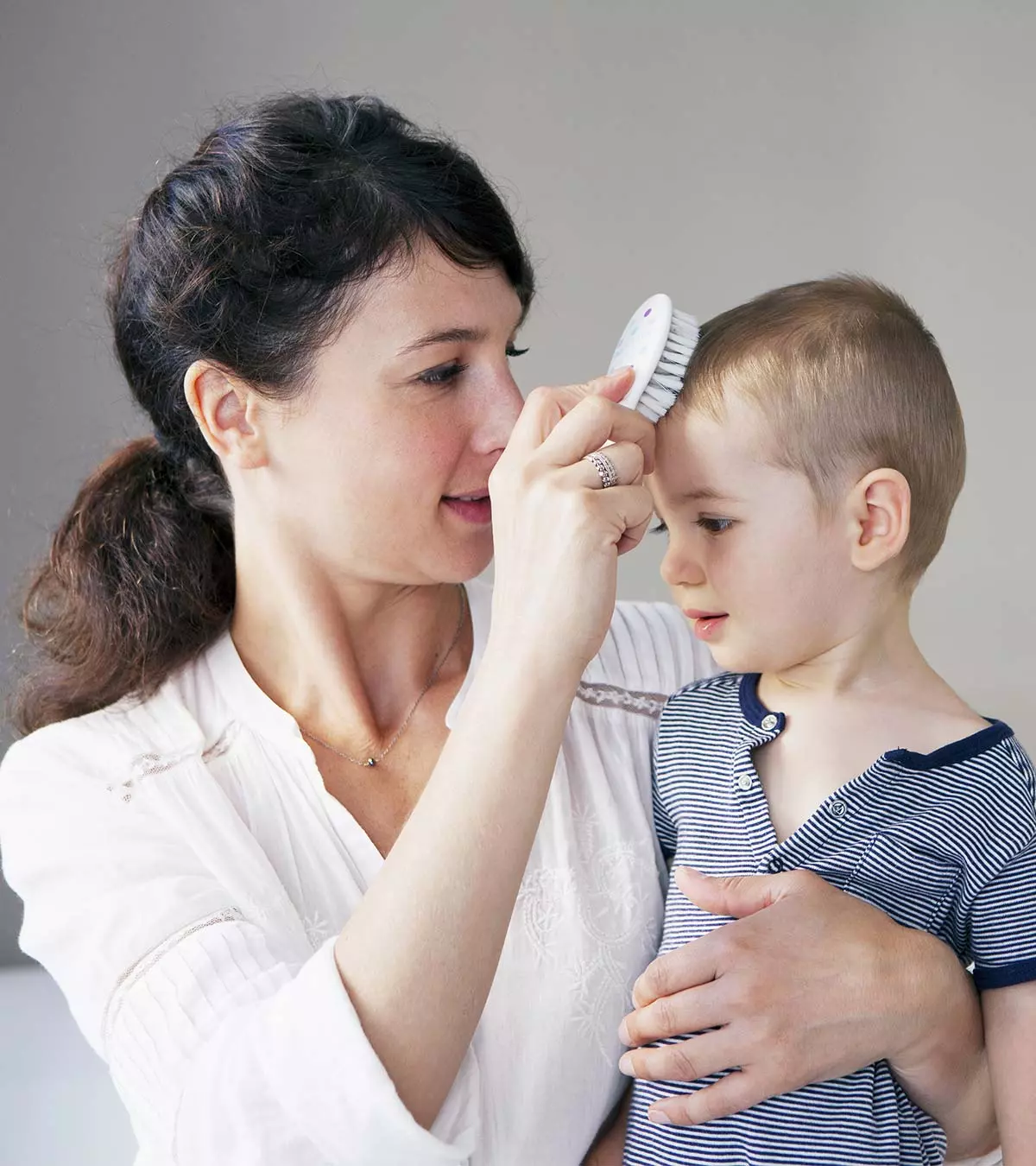
Image: Shutterstock
Hair loss is a common problem most women experience post-childbirth (1). However, hair loss in toddlers could cause concern for a new mom. In contrast to a common myth that hair loss is seen only in adults, this issue is also seen in babies and toddlers. The difference is that your toddler may not be concerned about their hair fall woes, but it is troublesome for you. However, hair loss is a rare phenomenon in toddlers, with approximately 3% of patients reporting to a pediatrician. So, if you detect severe hair loss in your toddler, it is best to contact the doctor. Read on as we discuss some of the possible causes and ways to manage and prevent hair loss in toddlers.

Key Pointers
- Hair loss is uncommon in children.
- Toddlers may experience hair loss due to iron imbalance caused by nutritional deficiency.
- Ringworm is a significant cause of scalp infection that can lead to hair loss in toddlers.
- If a toddler experiences significant hair loss, it is important to consult a doctor.
What Causes Hair Loss In Toddlers?
There are a number of causes of hair fall in toddlers. Some are mild and easily treatable, but others require more stringent treatment plans. Check out the reason your little one’s hair keeps falling off:
1. Tinea Capitis
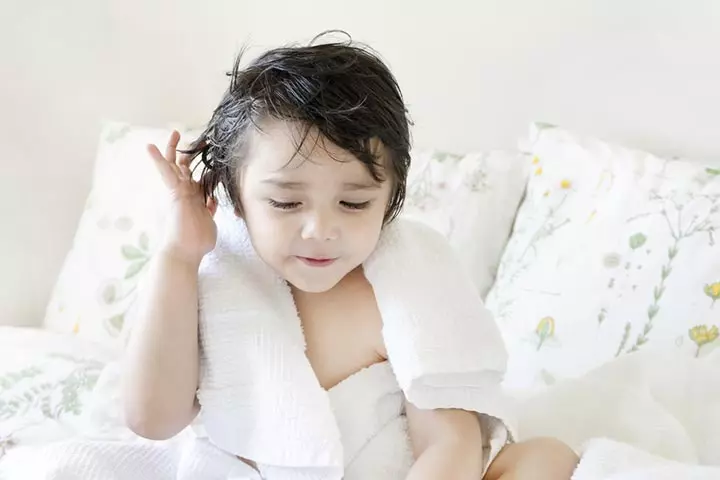
Ringworm is one of the most common causes of hair loss in toddlers (2). Besides thinning hair, this scalp infection, known as Tinea Capitis, also causes bald spots in toddlers.
Other Symptoms:
- Red circular lesions
- Dandruff like flaking
- Round or oval scaly patches on the scalp
- Itchiness
- Broken hair that appear like black dots on the scalp
Treatment And Prevention:
The treatment of Tinea Capitis usually consists of oral antifungals like griseofulvin. You may also be prescribed antifungal shampoos and fungicidal creams or lotions fungal infection in babies and toddlers (3).
Fungus causing this infection is contagious. So, make sure to keep objects like your toddler’s hats, pillows, hairbrush, etc. separate (4).
2. Alopecia areata
One in 100 children can experience Alopecia Areata. This is a rare autoimmune disorder where a person develops allergies to their own hair (5). Toddlers with Alopecia Areata lose hair overnight without any sign of infection. A survey conducted among children enrolled in National Alopecia Areata Registry (USA) found the female-to-male ratio to be 1.5:1, indicating that more girls get the condition than boys. One-fourth of the children had a family history of the condition, with 8% having more than three affected family members. It indicates that this hair disorder might be hereditary (6). Nevertheless, in some cases, the condition may occur merely due to a scalp infection, such as pyodermaiAny skin disease with pus-forming bacteria (pyogenic). or abscessiPainful buildup of pus in any body tissue, primarily due to a bacterial infection. .
Other Symptoms:
- Round or oval hairless patches on the scalp.
- Some children may also experience pitting and ridging of the nails.
Treatment And Prevention:

This rare hair disease can be treated with steroid injections, topical medications, oral steroids, and ultraviolet light therapy. However, topical corticosteroids are usually preferred as a first line of treatment in pediatric alopecia areata (7).
Biotin and trace minerals are known to control hair loss in babies and toddlers (8). They also help in hair growth. If your toddler gets a diagnosis of Alopecia Areata, give them a diet rich in biotin like chard, romaine lettuce, carrots, and tomatoes.
 Quick fact
Quick fact3. Telogen effluvium
Telogen Effluvium is another common cause of hair loss in toddlers. Hair loss usually follows a recent illness like a high fever or surgery. Emotional stress too can cause telogen effluvium (9).
Other Symptoms:
- Telogen Effluvium does not have many symptoms. If your toddler is losing a large chunk of hair every day and if they were ill a few weeks earlier, you may suspect Telogen Effluvium.
- Weight loss too can be a symptom to watch out for.
Treatment And Prevention:
Most cases of Telogen Effluvium resolve without treatment. The most you can do is give your toddler a stress-free environment and a healthy diet.
4. Chemotherapy
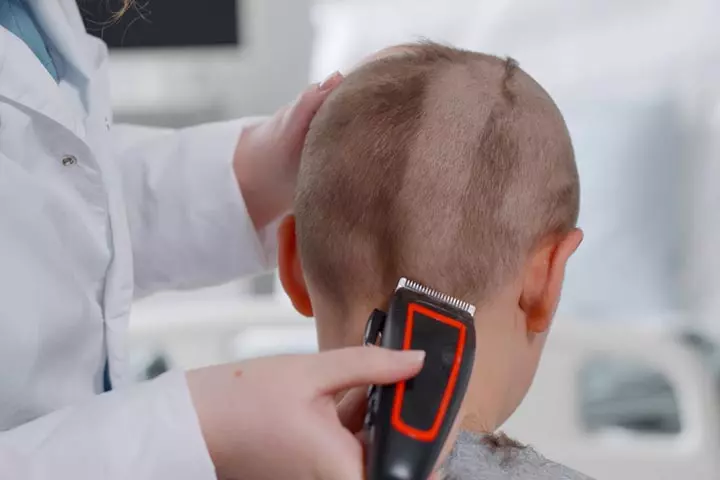
ChemotherapyiA cancer treatment that uses powerful drugs to kill fast-growing cancer cells is the most unfortunate cause for hair loss in toddlers. Chemotherapy and radiation therapy, when used to treat cancer in toddlers, can lead to hair loss. You may observe hair loss 7-10 days after the first chemotherapy session (10).
Other Symptoms:
Other chemotherapy-related symptoms like nausea and lack of appetite.
Treatment And Prevention:
Hair loss due to chemotherapy does not require treatment. Once the chemotherapy session ends, your toddler’s hair will grow back in two to three months (10).
5. Other Causes
Other than the major causes mentioned above, toddlers can experience hair loss because of the following reasons too (11):
- If your toddler wears their hair in tight barrettes, ponytails, or braids, they may experience hair breakage and hair loss in certain areas of their scalp. Pediatrician Dr. Raashid Hamid opines, “Regularly wearing tight hairstyles can cause traction alopecia, where hair loss results from continuous pulling on hair follicles.” If you suspect this to be the cause behind your toddler’s hair loss, make sure their hairstyle is comfortable.
- A toddler may also lose hair due to nutritional deficiencies. So, make sure your toddler’s diet consists of all the essential nutrients.
Dr. Sharon Wiener, MD, a board-certified pediatrician from Plano, Texas, says, “Nutritional deficiency is a less common cause of hairfall in children. However, a deficiency of biotin or zinc or excess vitamin A in the body may lead to hair loss.”
- Your toddler might also lose hair due to hormonal imbalances. A thyroid disease is often the cause behind toddler hair loss. If your little one is losing more hair than usual, talk to your doctor about doing a blood test to rule out thyroid problems, such as hypothyroidism.
- Bacterial infections too can cause hair loss in toddlers. If that is the cause, your toddler may show symptoms similar to fungal infections. Treatment may include a dose of antibiotics.
- Some toddlers lose hair because they pull their hair (trichotillomania). This is a toddler habit, just like thumb sucking. If the hair loss is because the baby pulls own hair out of habit, don’t worry. Most children outgrow this habit by three years of age.
 Be watchful
Be watchful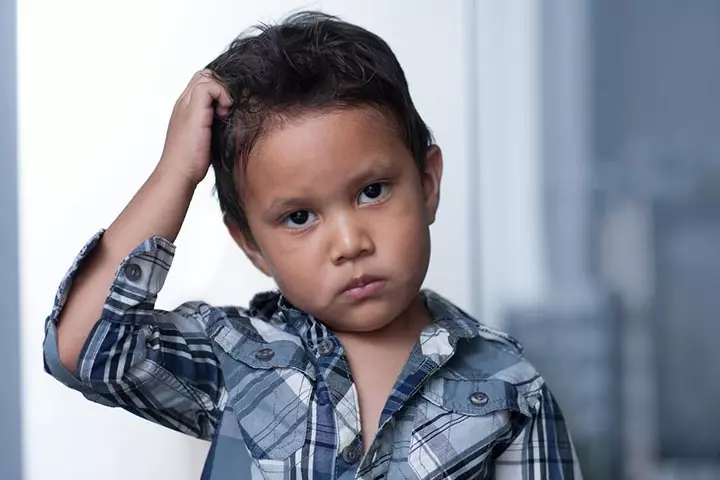
There are several possible causes of toddler hair loss. Consult a pediatrician if your toddler is losing significant hair, accompanied by symptoms like redness, itching, or bald spots. They can diagnose the issue and recommend prompt treatment to address the cause.
Measures That May Prevent Hair Loss
Medical expert Dr. Po-Chang Hsu says, “Parents should ensure a nutrient-rich diet, including vitamins and minerals crucial for hair health, such as iron, zinc, and biotin, to support healthy hair growth in toddlers. Avoiding harsh chemical products and gentle hair care techniques, like a soft-bristled brush and mild shampoos, can also help protect delicate hair.”
Hair loss in toddlers caused by illness can be challenging to manage. However, there are preventive steps you can take to help control hair loss, particularly when non-medical reasons cause it (12) (2) (13).
- Avoid styling your toddler’s hair in tight hairstyles.
- Limit the use of caps and headbands that constantly rub on the scalp.
- Regularly clean your toddler’s hair and scalp to prevent fungal infections.
- Limit washing hair to once daily and use a mild shampoo and conditioner.
- Use a wide-toothed comb to detangle hair rather than brushing.
- Be gentle when untangling hair, and avoid over-vigorous combing or brushing.
- Avoid exposing your child’s hair and scalp to chemicals and straighteners.
- Serve well-balanced nutritious meals to your child and keep them optimally hydrated.
If you observe signs of trichotillomania in toddlers or suspect any other medical concerns, seek prompt medical attention.
Frequently Asked Questions
1. Is it normal for my two-year-old’s hair to fall out?
Hairfall in a two-year-old is usually uncommon and not normal. Various medical conditions, infections, and scalp disorders may often be responsible for it. However, environmental and genetic factors may also play their role. If you notice signs of scalp infections or the toddler’s hair seems to fall more than usual, consult a pediatrician.
2. Can a lack of vitamins cause hair fall in toddlers?
The deficiency of vitamin D, which is responsible for hair follicle cycling, may cause hair fall. Moreover, supplementation of vitamins A, C, E, and H in your kid’s diet may improve hair growth, but their deficiencies share no evidence to be linked with hair loss (15).
3. How to fix hair loss due to eczema in toddlers?
Cradle cap is a kind of scalp eczemaiA skin condition that causes itchy, inflamed, and dry skin on the scalp. that can cause hair loss in toddlers and young children. Medical emollientsiMoisturizing products that make the skin soothing and rehydrating. in lotion, gel, and spray-on oil forms and coconut oil can be used to treat these eczemas on your toddler’s scalp. Your child’s doctor may prescribe a mild topical steroid cream, such as 1% hydrocortisone, to be administered to the scalp during the acute phase of scalp eczema. You can also use less-irritating shampoos prescribed by the doctor for seborrheic dermatitisiA common skin condition that causes dandruff, scaly patches, and inflamed skin on the oily parts of the body, including the scalp, face, and ears. , such as those containing Ketoconazole (16).
4. Can iron deficiency cause hair loss in toddlers?
Iron deficiency in toddlers can cause hair loss. This is because iron is an essential nutrient for the production of hemoglobin which is responsible for the growth and repair of all cells in the body, including the cells responsible for hair growth (17).
5. How can I thicken my toddler’s hair?
Hair care measures such as regular shampooing and conditioning, combing every day with a wide-tooth comb, wearing a loose braid, and protecting the scalp from direct exposure to intense heat can help improve scalp and hair health (18). Additionally, the intake of biotin-rich foods (such as eggs, beef, salmon, sunflower seeds, sweet potato, spinach, broccoli, almonds, yogurt, etc.) can lead to an increased hair volume (19).
6. How much hair loss is normal for a child?
On average, a healthy child loses fifty to hundred strands of hair in a day (20).
7. What are some home care tips for managing hair loss in toddlers?
Be gentle with hair care. Avoid tight hairstyles and harsh brushing. Use mild, baby-specific shampoos and soft-bristled brushes. Regularly massage your child’s scalp to boost blood flow to hair follicles (14). Also, make sure your toddler has a balanced diet rich in iron, protein, and vitamins. Track any hair loss patterns and take photos to share with healthcare providers.
Hair loss in toddlers can be due to alopecia areata, tinea capitis, other infections, or side effects of chemotherapy. Poor nutrition, thyroid diseases, and tight ponytails or braids can cause hair damage and hair fall in young children. So, it is important to identify and resolve the underlying cause of hair loss in toddlers. Adequate nutrition, treating the underlying condition, and avoiding hair damage may help reduce or stop hair loss in toddlers. Toddlers who pull their hair may require behavioral therapies to modify pulling hairs.
Infographic: Home Remedies For Hair Loss In Toddlers
While it is normal for toddlers to lose some hair as they grow, excessive hair loss can indicate underlying health issues. So, check out the infographic below to learn simple ways to manage hair loss in your toddler at home.
Some thing wrong with infographic shortcode. please verify shortcode syntax
Illustration: Serious Causes Of Hair Loss In Toddlers
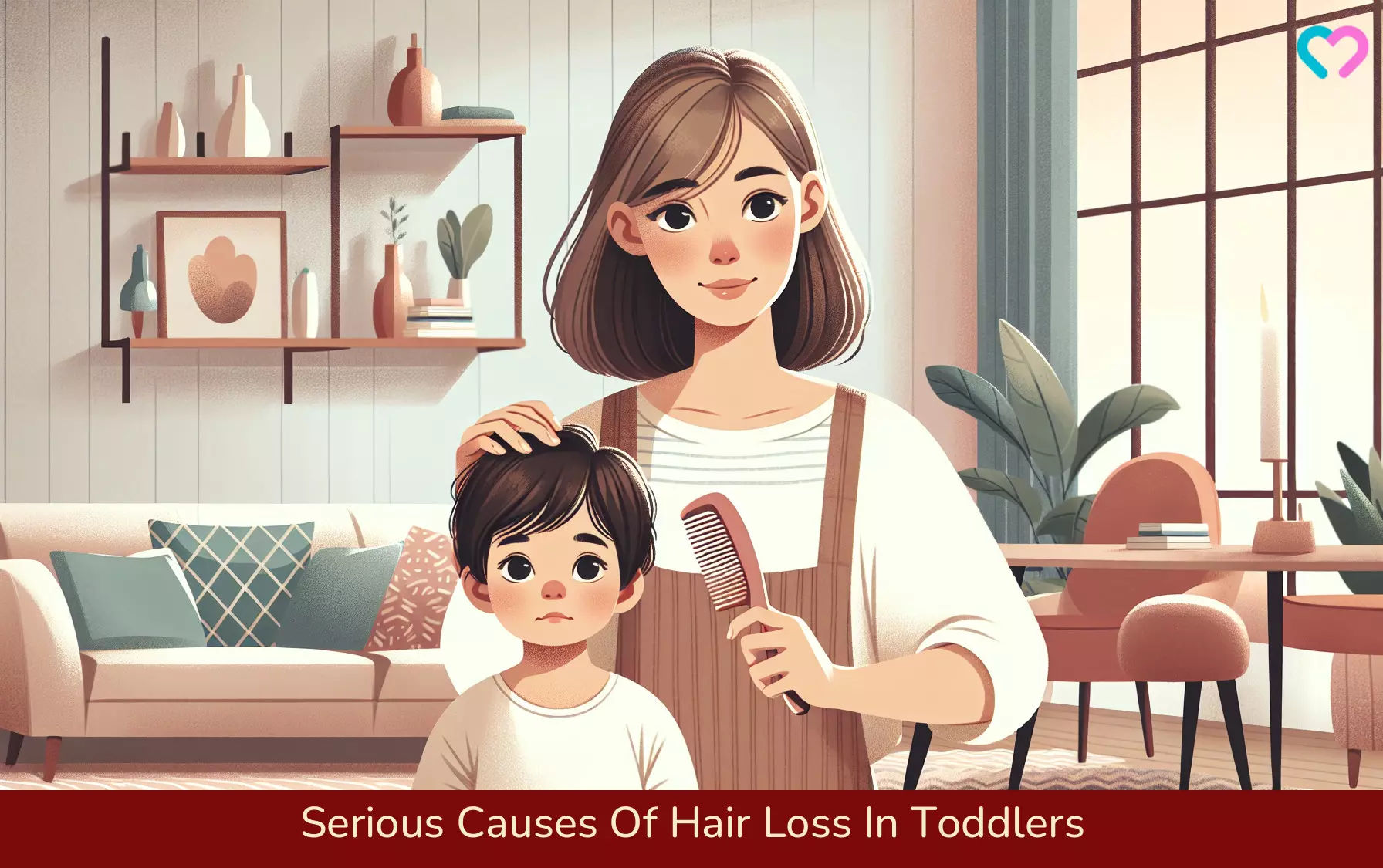
Image: Dall·E/MomJunction Design Team
Uncover the natural phenomenon of baby hair loss during their initial months of life in this video. It sheds light on the reasons behind this occurrence and addresses any concerns you may have.
References
- Hair Loss In New Moms.
https://www.aad.org/public/diseases/hair-loss/insider/new-moms# - Hair Loss.
https://www.seattlechildrens.org/conditions/a-z/hair-loss/ - Antoni Bennassar and Ramon Grimalt; (2010); Management of tinea capitis in childhood.
https://pmc.ncbi.nlm.nih.gov/articles/PMC3047946/ - Ringworm of the Scalp (Tinea Capitis).
https://www.nationwidechildrens.org/conditions/tinea-capitis - Alopecia Areata.
https://www.nationwidechildrens.org/conditions/alopecia-areata - Iris Wohlmuth-Wieser et al.; Childhood alopecia areata-Data from the National Alopecia Areata Registry (2018);
https://pubmed.ncbi.nlm.nih.gov/29334143/” - Virginia R Barton et al.; (2025); Treatment of pediatric alopecia areata: A systematic review
https://pmc.ncbi.nlm.nih.gov/articles/PMC8556406/ - Hind M Almohanna et al.; (2018); The Role of Vitamins and Minerals in Hair Loss: A Review
https://pmc.ncbi.nlm.nih.gov/articles/PMC6380979/ - Common causes of paediatric alopecia.
https://www1.racgp.org.au/ajgp/2018/october/common-causes-of-paediatric-alopecia - Chemotherapy-Related Hair Loss (Alopecia) in Children.
https://www.cedars-sinai.org/health-library/diseases-and-conditions—pediatrics/c/chemotherapy-related-hair-loss-alopecia-in-children.html#:~:text=Key%20points%20about%20chemotherapy%2Drelated%20hair%20loss%20in%20children&text=Hair%20loss%20may%20start%20a,protected%20from%20sun%20and%20cold. - Types Of Hair Loss.
https://ishrs.org/patients/types-of-hair-loss/#1532704758534-ca3c15fb-c782 - Hair loss or alopecia.
https://raisingchildren.net.au/guides/a-z-health-reference/hair-loss - Hair Loss (Alopecia) in Children.
https://www.healthychildren.org/English/health-issues/conditions/skin/Pages/Hair-Loss-Alopecia.aspx - The Benefits Of Scalp Massage For Hair loss.
https://www.pacificcollege.edu/news/blog/2015/02/01/benefits-scalp-massage-hair-loss - Emily L. Guo and Rajani Katta; (2017); Diet and hair loss: effects of nutrient deficiency and supplement use.
https://www.ncbi.nlm.nih.gov/pmc/articles/PMC5315033/ - Scalp eczema.
https://eczema.org/information-and-advice/types-of-eczema/scalp-eczema/ - Does Iron Deficiency Cause Hair Loss?
https://health.clevelandclinic.org/im-low-in-iron-can-this-cause-me-to-lose-my-hair - Teaching Your Child Healthy Hair Care Habits
https://www.aad.org/public/everyday-care/hair-scalp-care/hair/hair-care-habits - Biotin National Institutes of Health.
https://ods.od.nih.gov/factsheets/Biotin-HealthProfessional/ - Hair Loss (Alopecia Areata) in Children.
https://mydoctor.kaiserpermanente.org/ncal/structured-content/hair-loss-alopecia-areata-in-children-838122
Community Experiences
Join the conversation and become a part of our nurturing community! Share your stories, experiences, and insights to connect with fellow parents.
Read full bio of Dr. Raju C Shah
- Dr. Sharon Wiener is the primary, board-certified pediatrician at Pediatric Offices At Willow Bend and founder of Wellness at the Spa aesthetics and wellness center. She did her Doctor of Medicine (MD), Pediatrics Residency Program from Children's Medical Center and has over 20 years of experience.
 Dr. Sharon Wiener is the primary, board-certified pediatrician at Pediatric Offices At Willow Bend and founder of Wellness at the Spa aesthetics and wellness center. She did her Doctor of Medicine (MD), Pediatrics Residency Program from Children's Medical Center and has over 20 years of experience.
Dr. Sharon Wiener is the primary, board-certified pediatrician at Pediatric Offices At Willow Bend and founder of Wellness at the Spa aesthetics and wellness center. She did her Doctor of Medicine (MD), Pediatrics Residency Program from Children's Medical Center and has over 20 years of experience. 
Dr. Po-Chang Hsu is a medical doctor and medical content expert. He received his medical degree from Tufts University School of Medicine in Boston in 2016. Previously, he did a master’s degree at Harvard University and wrote a thesis on neuroimaging in schizophrenia patients at Brigham and Women’s Hospital. He currently works at Alpas Wellness.
Dr. Po-Chang Hsu is a medical doctor and medical content expert. He received his medical degree from Tufts University School of Medicine in Boston in 2016. Previously, he did a master’s degree at Harvard University and wrote a thesis on neuroimaging in schizophrenia patients at Brigham and Women’s Hospital. He currently works at Alpas Wellness.
Read full bio of Jessica Albert
Read full bio of Rohit Garoo
Read full bio of Shinta Liz Sunny







